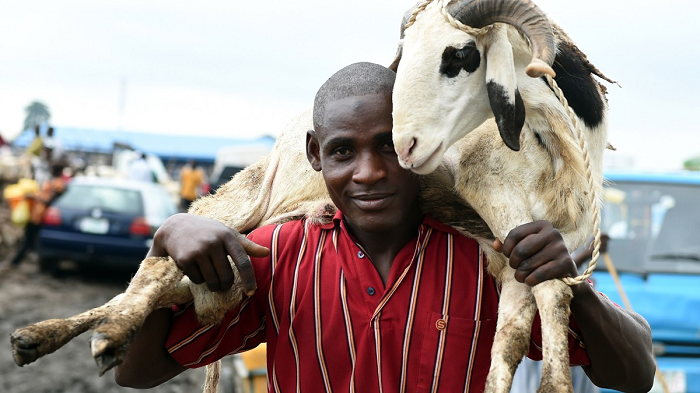
Eid’s sacrifices must translate into peaceful elections
One of the beautiful attributes of this country which is lauded globally is the peaceful co-existence of the various religions, especially between the two main religions – Christianity and Islam.
Advertisement
From time immemorial, Muslims and Christians have seen themselves as brothers and sisters and peacefully co-existed, with representatives of the two groups serving on national councils such as the National Peace Council (NPC).
A common feature of the two religions is the celebration of annual festivals: Christmas and Easter for Christians and Eid-ul-Fitr and Eid-ul-Adha for Muslims.
Yesterday marked the end of the Greater Eid, one of the holiest celebrations on the Islamic calendar, otherwise referred to as the Feast of Sacrifice.
Eid-ul-Adha marks the end of Hajj, the second and major annual Islamic pilgrimage to Mecca in Saudi Arabia that lasts three to four days, a journey which the Quran recommends for all Muslims at least once in their lifetime.
During the Hajj rituals, worshippers are to circle the Kaaba, believed to be a shrine built by the Prophet Ibrahim, and pray to Allah.
Muslims celebrate Eid-ul-Adha as a reminder of the time Ibrahim (Abraham) was about to sacrifice his son but was told by God to sacrifice an animal instead. Thus the celebration symbolises Ibrahim’s devotion to Allah.
Worshippers typically slaughter animals such as cows, goats or sheep, with millions of animals being slaughtered across the world on Eid.
Centred on prayer and animal sacrifice, Eid-ul-Adha stands for Ibrahim's willingness to sacrifice his son as a sign of devotion to Allah.
Islamic scripture tells how Allah commanded Ibrahim (known as Abraham to Christians and Jews) to sacrifice his son as a test of his devotion. Despite his love for the boy, Ibrahim duly prepared to carry out Allah's command.
However, at the last moment, Allah told Ibrahim to spare the child and sacrifice something else.
Eid-ul-Adha is, therefore, in remembrance of Ibrahim's willingness to submit himself to the divine will.
Much as Ghana’s religious tolerance and the peaceful co-existence of the two main religions is touted, the Daily Graphic still finds the need to urge all and sundry to make it a point to let the cordiality remain so.
Despite the differences in the way the different religions perform their rituals, it is a fact that one of the common themes that run through them is the propagation of peace among all men.
If there is any time that we need to preach peace, it is this year, as the December 7 elections draw near, as we cannot take the peace that we enjoy for granted.
The Daily Graphic urges all Muslims to let the celebration of Eid-ul-Adha reflect in their actions before, during and after the elections. The sacrifice of animals to Allah must not be in vain.
Indeed, just as the sacrifices are a reminder of Ibrahim's willingness to sacrifice his son as a sign of devotion and love to Allah, we urge all Muslims, especially the youth, to show devotion and commitment to the country by declining any attempt by politicians to disturb the peace in the coming elections.
We also urge Muslim leaders to inspire the youth to follow the major tenet of Islam, which is promoting peace at all times, and also instill in them the virtues of tolerance for peaceful elections.




